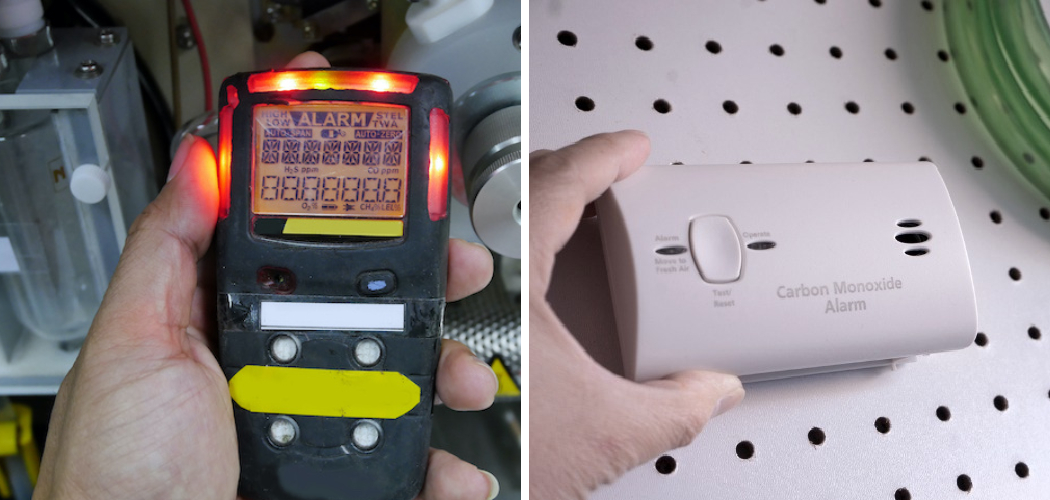Gas leaks can be dangerous and difficult to detect. It can lead to serious consequences such as explosions, fires, and severe health complications. This issue is especially prevalent in furnaces that use natural gas or propane fuel. As responsible homeowners, we must be aware of the signs of gas leaks from our furnaces and take immediate action to prevent any hazards.
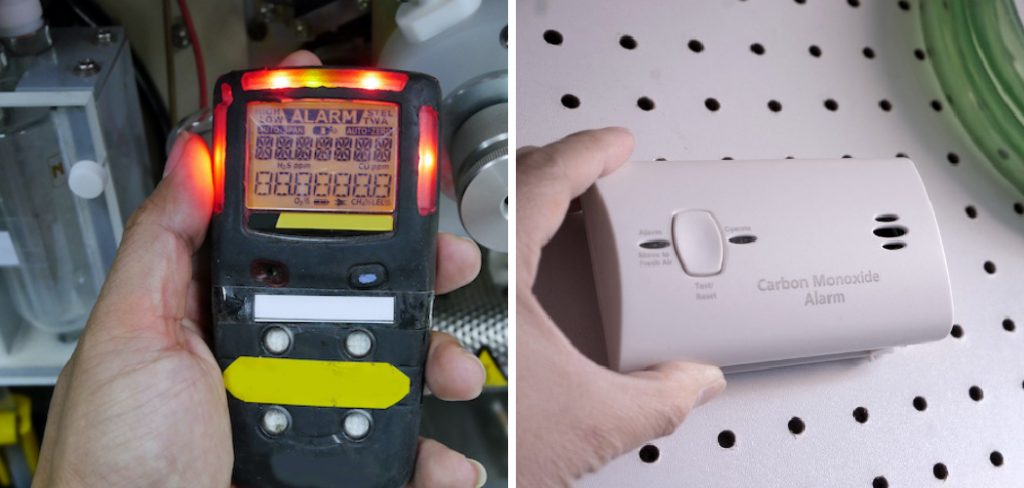
In this blog post, we will discuss in detail the different ways how to detect gas leak furnace and what measures you should take to keep your home and family members safe.
Can You Detect Gas Leak Furnace?
Gas leaks from a furnace can be a serious hazard, so it’s important to know what signs to look out for if you suspect one in your home. Some possible indications of a gas leak from your furnace include a hissing or whistling sound, a strange odor that resembles rotten eggs, or feelings of nausea or dizziness.
If you notice any of these symptoms, it’s best to err on the side of caution and evacuate the premises immediately. Once you are safely outside, call your gas company or a licensed HVAC technician to come and investigate the issue and repair any damage. Remember, it’s always better to be safe than sorry when it comes to gas leaks!
Why Should You Detect Gas Leak Furnaces?
Gas leaks can be incredibly dangerous and difficult to detect without the proper equipment. Furnaces are a leading cause of gas leaks in homes, making it essential to check for any leaks in your furnace regularly. Detecting a gas leak in your furnace protects your home and your family’s safety.
Carbon monoxide, a gas commonly released during furnace malfunctions, can be lethal if not properly detected and addressed. By regularly checking for gas leaks in your furnace, you can rest assured that your home is safe and your family is protected from the dangerous consequences of gas leaks.
How to Detect Gas Leak Furnace – in 7 Easy Ways
1. Keep Your Nose Active
One of the simplest ways to detect gas leaks from your furnace is to use your sense of smell. Natural gas is colorless and odorless, but gas companies add a distinctive odorant called mercaptan to it. This is an indicator that gas is present.
It is a sign of a gas leak if you smell a rotten egg-like odor around your furnace or other gas-related appliances such as stoves, dryers, or water heaters. Do not ignore it and immediately turn off the supply and ventilate the area.
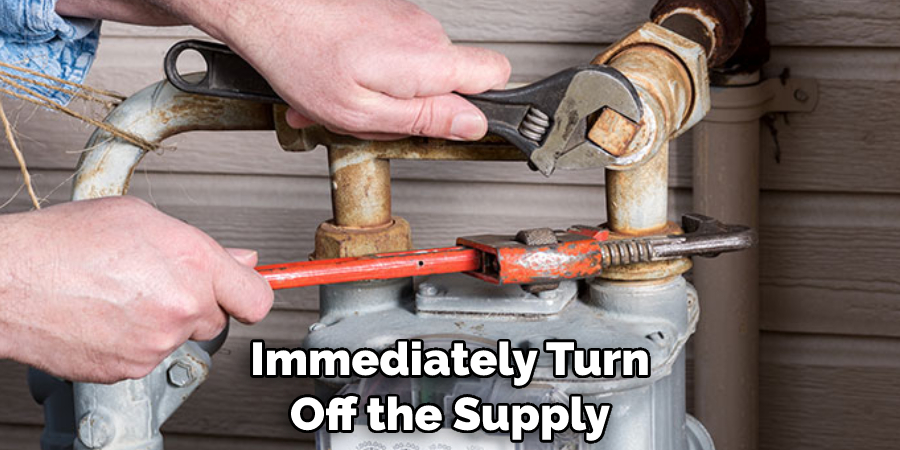
2. Observe the Furnace For Visible Signs
There are certain visual indications that can help detect gas leaks. Check your furnace periodically for rust or corrosion, cracks or leaks in the gas line, burn marks or soot around the flue pipe, or loose connectors between the furnace and gas line. If you notice any of these signs, do not attempt to fix them yourself.
Call a licensed HVAC technician to address the issue and prevent further gas leak concerns.
3. Install Carbon Monoxide Detector
Carbon monoxide (CO) is an odorless and lethal gas that is a byproduct of incomplete combustion. It can cause serious harm to your health or even death if inhaled in large amounts. Installing a carbon monoxide detector can alert you to the presence of this deadly gas in your home.
Make sure to install at least one detector on every level of your house, including the basement and bedroom areas. Test the detector regularly and replace its batteries annually.
4. Conduct Regular Maintenance and Inspection
Prevention is better than cure! The best way to avoid gas leaks from your furnace is by taking proactive measures. Schedule an annual maintenance and inspection service from a licensed professional to ensure that your furnace is in good working condition.
During the visit, the technician will check the furnace’s components, including the burner, pilot light, heat exchanger, and gas valve. They will replace worn-out parts, thoroughly clean the furnace, and fix any gas leaks they detect.
5. Check for Unusual Noises
Furnaces make a certain amount of noise when they are running, but loud or strange sounds coming from the furnace may indicate a gas leak. Any banging, hissing, popping, or rattling noises can be indicators of a problem. If you hear anything unusual coming from your furnace, shut off the gas supply, ventilate the area, and call a professional right away.
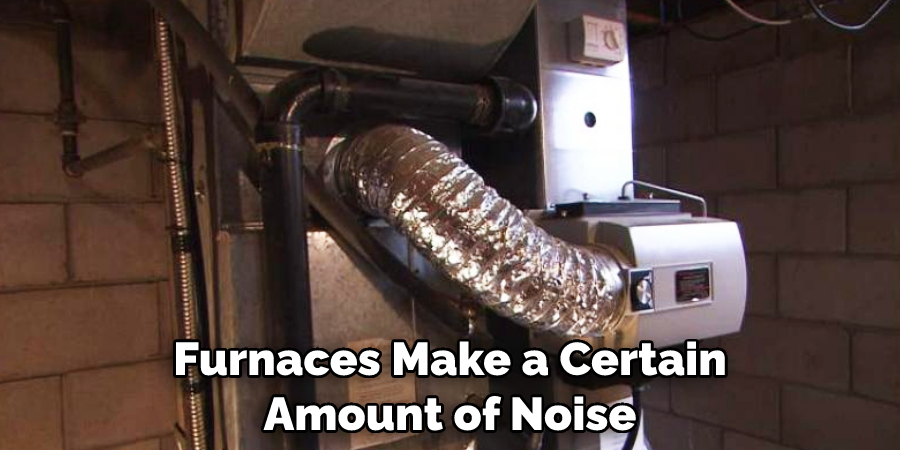
6. Monitor Your Bills
An unexpectedly high energy bill can indicate that your furnace is not working properly or efficiently and might be leaking gas. It’s a good idea to keep track of your monthly bills and check for any discrepancies or sudden spikes in the billing amount.
7. Stay Cautious and Alert
Gas leaks can be extremely dangerous and should not be taken lightly. If you experience difficulty with your furnace, whether it is a minor or major problem, do not ignore it. If you feel uneasy about the situation or suspect something might be wrong, contact a professional immediately.
Do not attempt to fix it yourself, even if you have the skillset. It is always best to leave gas-related repairs to trained professionals.
That’s it! You’ve now learned how to detect gas leak furnace. With these tips, you’ll be well-equipped to avert any potential risks and ensure a safe and healthy living environment for your household. Remember that prevention is better than cure, so make sure to conduct regular maintenance checks on your furnace to prevent any future issues. Stay vigilant!
5 Considerations Things When You Need to Detect Gas Leak Furnace
1. Check the Pilot Light.
If your furnace uses a pilot light to ignite the burner, then the first thing you should do when you suspect a gas leak is to check the pilot light. If the pilot light is out, then it’s possible that there is a gas leak. However, if the pilot light is lit, then it’s unlikely that there is a gas leak.
2. Check for Soot on The Burner.
Another sign of a gas leak is soot on the burner. Soot is a black or brown powder that can be produced when fuel combustion is incomplete. If you see soot on the burner, then it’s possible that there is a gas leak.
3. Check for A Strong Smell of Gas.
A strong smell of gas is one of the most obvious signs of a gas leak. If you smell gas, then it’s important to evacuate the area immediately and call your gas company. Do not attempt to find the source of the leak yourself, as this could be dangerous.
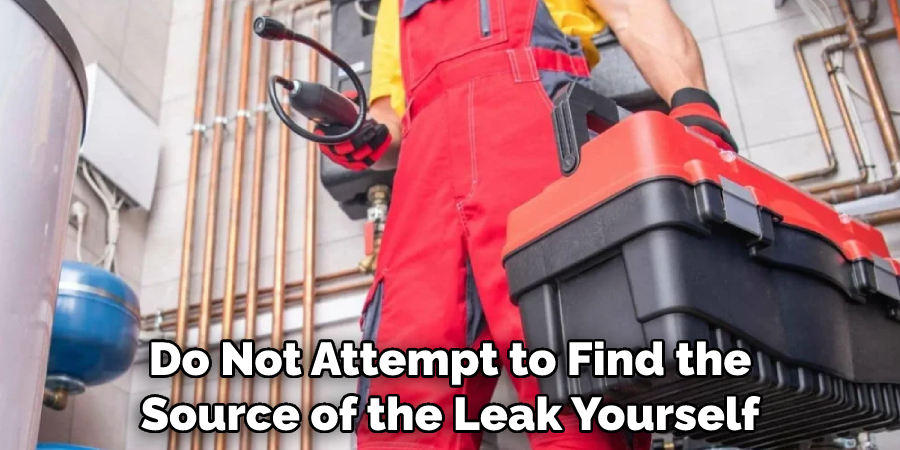
4. Check for Bubbles in Soapy Water.
One way to test for a gas leak is to put some dish soap in water and then use your hand to agitate the water. If there are bubbles present, then this indicates that there is a gas leak.
5. Call Your Gas Company.
If you suspect that there may be a gas leak, then it’s important to call your gas company immediately. They will be able to send someone out to test for a gas leak and make sure that your home is safe.
It’s important to take the time to detect a gas leak in your furnace as soon as possible, as it can be dangerous and lead to serious health problems. If you’re not sure how to detect a gas leak, then it’s best to call your gas company and get professional help. They will be able to test for a gas leak and make sure that your home is safe.
These are the five considerations to take into account when you need to detect a gas leak in your furnace. Following these steps will help ensure that you can identify a potential gas leak and get it fixed before any serious damage occurs.
Benefits of Detect Gas Leak Furnace
A gas leak is a serious issue that can have dangerous consequences, which is why it’s crucial to have a gas leak furnace detector installed in your home. This device acts as a safety net, automatically detecting any gas leaks and alerting you immediately.
Not only does this help protect your home and family, but it also gives you peace of mind, knowing that you have a reliable system in place that can prevent a potentially catastrophic situation.
In addition, a gas leak furnace detector can save you money on your energy bills by identifying areas where gas may leak from your furnace, allowing you to address the problem promptly and avoid wasted energy. Overall, investing in a gas leak furnace detector is a smart move that can pay off in numerous ways, from keeping your loved ones safe to saving you money in the long run.
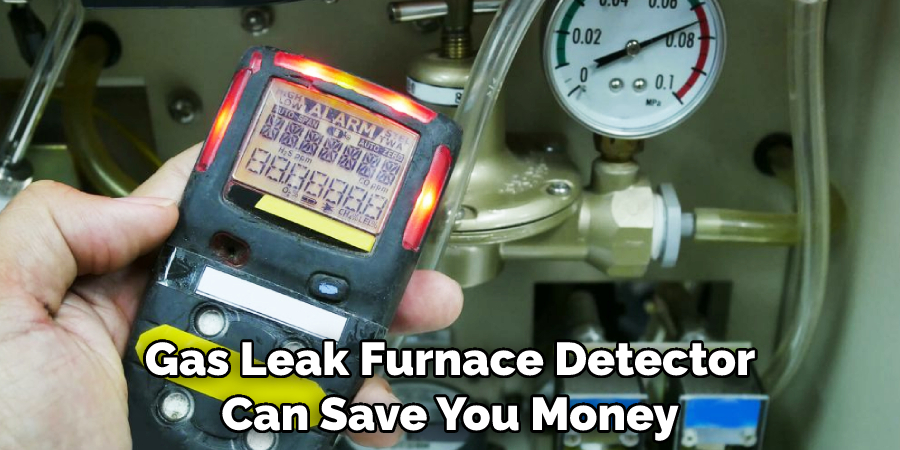
Conclusion
Gas leaks from furnaces can be fatal if not detected and fixed at the earliest. By following the guidelines mentioned in this blog post, you can ensure that your home and family are safe from the hazards of gas leaks. Keep your nose alert, observe the furnace for any visible signs, install a carbon monoxide detector, and conduct regular maintenance and inspection.
Remember to call licensed professionals to address any gas leak-related issues. Stay safe and healthy! Thanks for reading our post about how to detect gas leak furnace.

